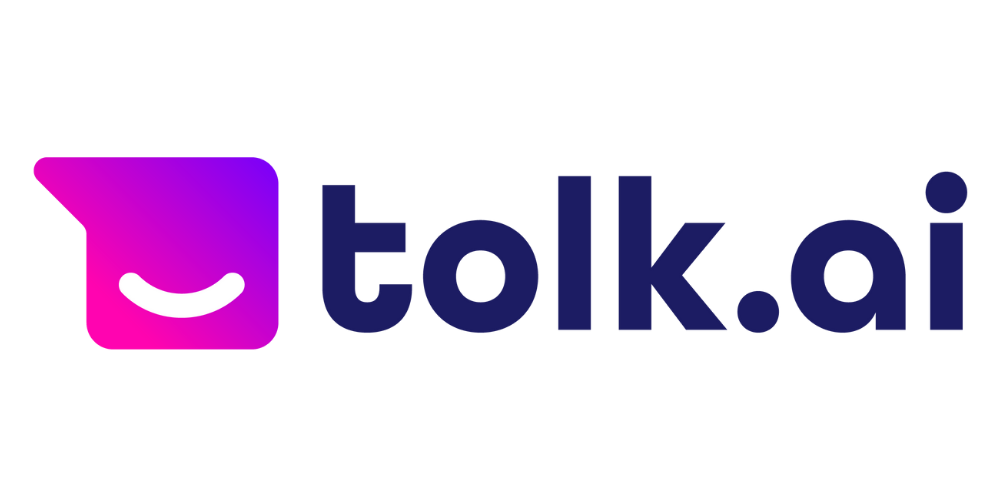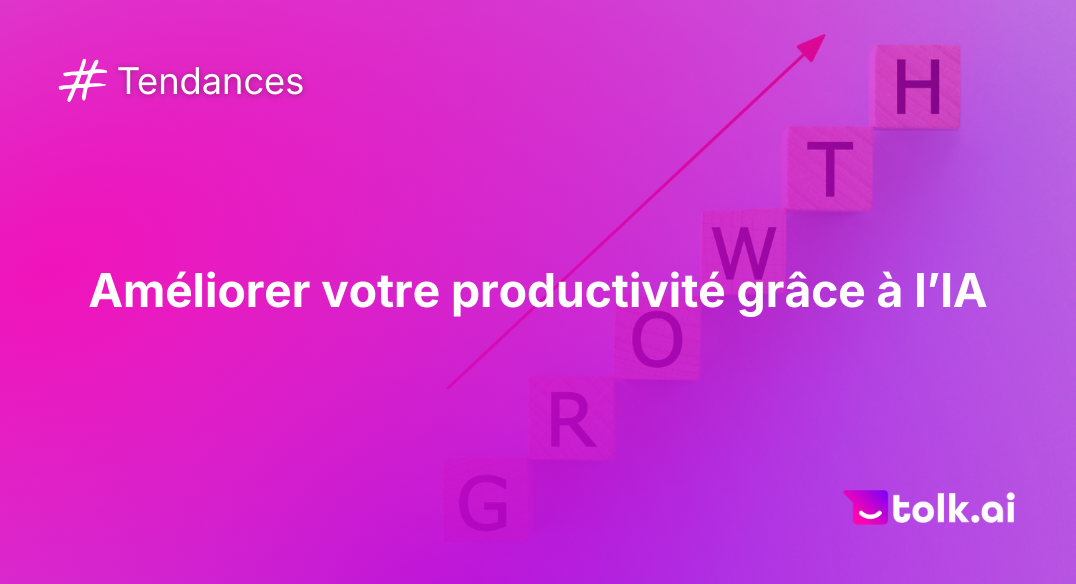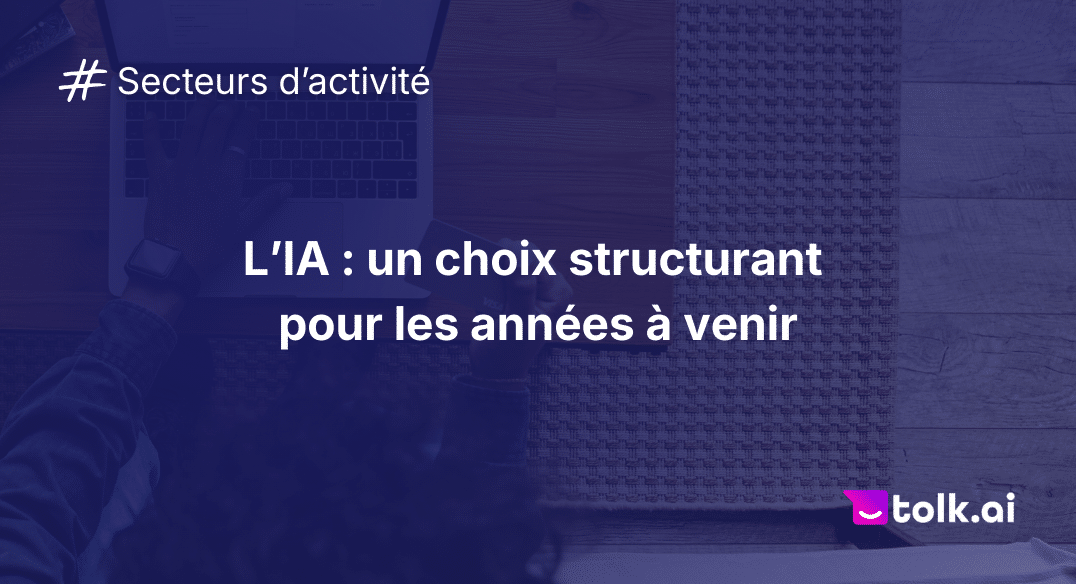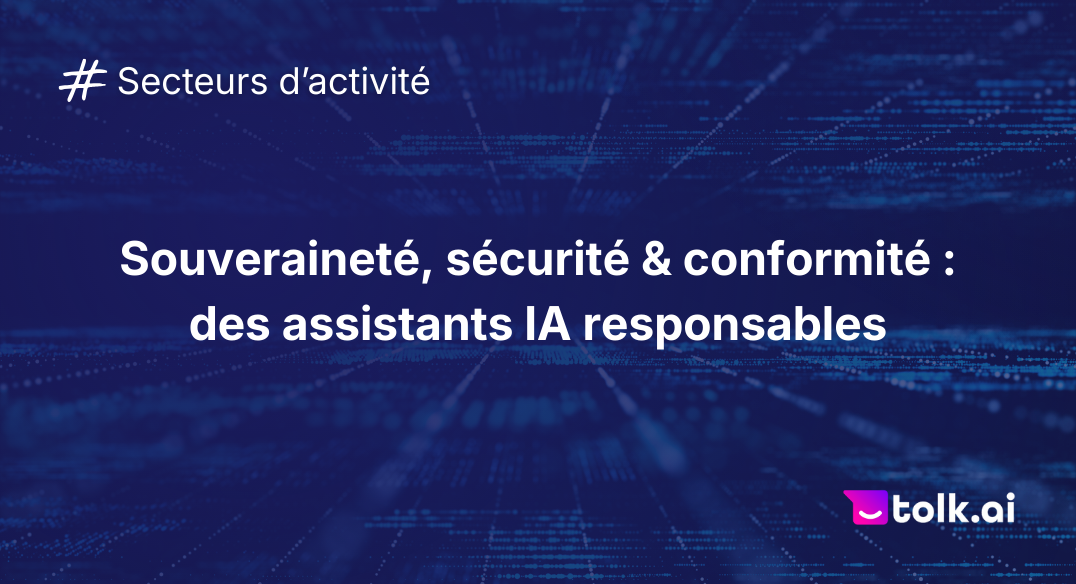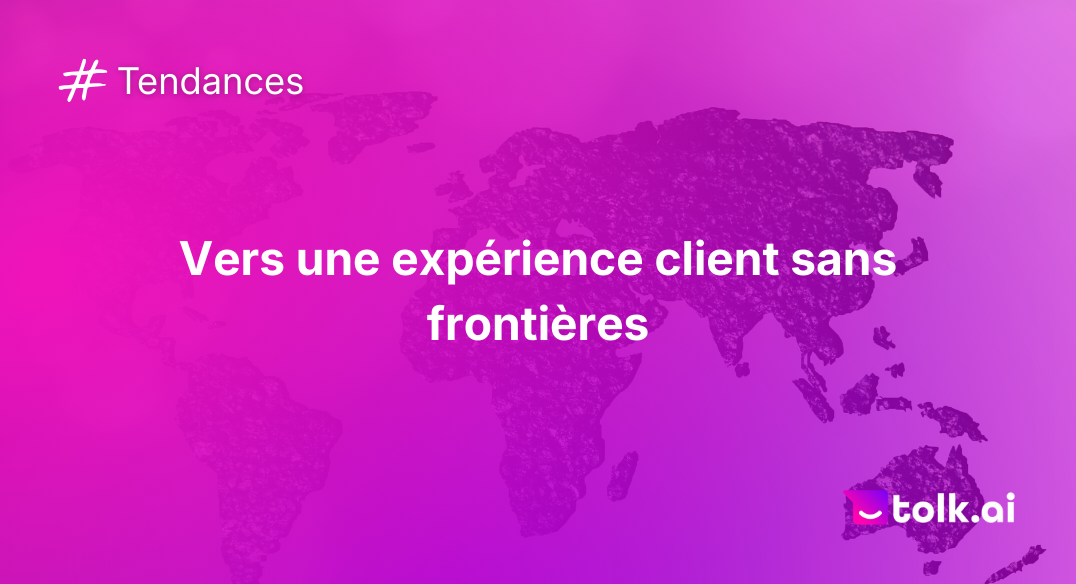Créée en 2016, la startup française Tolk.ai crée des chatbots intelligents et évolutifs. Dans un monde où la relation client et les interactions se concentrent de plus en plus sur les applications de messagerie, les chatbots offrent aux marques une occasion unique d’engager la conversation avec leurs clients. Ainsi, Tolk.ai aide les entreprises B2B et B2C à concevoir des chatbots qui s’intègrent parfaitement à leur univers de marque. Ces derniers se déploient sur des messageries grand public telles que Facebook Messenger, WhatsApp, Viber ou Kik, ainsi que sur des messageries internes comme Slack, Zendesk ou Intercom, grâce à une technologie intégrant une intelligence artificielle évolutive.
Chatbots : amis ou ennemis des centres de relation client ?
Nous sommes convaincus que l’avenir de la relation client repose sur l’hybridation entre humain et intelligence artificielle. Les chatbots prennent en charge efficacement les requêtes de niveau 1, et boostent ainsi la démarche Selfcare. De plus, ces outils permettent aux entreprises d’étendre les plages horaires de leurs services clients.
Par conséquent, elles offrent une assistance réactive et personnalisée tout en maîtrisant leurs coûts. Dans cette relation souvent considérée comme ambiguë, les agents gagnent du temps pour se concentrer sur les tâches à forte valeur ajoutée. En déchargeant les agents d’une grande partie des requêtes simples, les chatbots leur permettent d’assumer plus de responsabilités et de développer leur autonomie. Ils peuvent alors réaliser des ventes additionnelles ou croisées et prendre le temps de traiter les demandes complexes.
Il y a chatbot et chatbot !
Pour Thomas Sabatier, cofondateur de Tolk.ai, l’avenir de la relation client passe par l’hybridation de l’humain avec l’intelligence artificielle. Les agents conversationnels sont incroyablement efficaces dans la prise en charge de requêtes de niveau 1.
En effet, les entreprises ont la possibilité d’étendre les plages horaires de leurs services clients grâce aux chatbots et de proposer une assistance réactive et personnalisée. Les opérateurs humains seront, à terme, déchargés d’une grande partie des requêtes à faible valeur ajoutée et pourront se concentrer sur les requêtes complexes, nécessitant une capacité d’analyse importante.
Les chatbots peuvent également accompagner les clients dans leur quotidien, en leur recommandant des contenus ou des produits, en leur offrant un coaching sport, cuisine, mode ou bien-être, en leur proposant un service à la personne, en leur apportant une assistance ou un service client, etc. Tolk.ai permet ainsi aux marques de créer une relation durable et riche dans de nouveaux environnements tels que les applications de messageries, Amazon Echo ou Google Home.
Toutefois, Thomas Sabatier admet que les chatbots en sont encore à leurs débuts et qu’il reste du chemin à parcourir. Les progrès en matière de machine learning offrent des perspectives d’évolution importantes, notamment dans la compréhension du langage naturel et dans la prise en charge de requêtes complexes. Il est important de comprendre que l’intelligence artificielle reste artificielle, donc limitée.
Selon Thomas Sabatier, le cerveau humain est capable de s’adapter à n’importe quelle situation grâce à l’intelligence émotionnelle, en perpétuelle évolution. Les chatbots continueront de se nourrir de l’intelligence humaine avec des capacités d’apprentissage exponentielles. L’évolution des chatbots est celle de l’Homme augmenté, pour améliorer notre productivité et mettre notre intelligence au service de problématiques plus complexes et intéressantes.
Quels conseils proposez-vous au département de la relation client pour s’équiper de chatbot ?
Enfin, Thomas Sabatier conseille les départements de la relation client qui souhaitent s’équiper de chatbots de ne pas se lancer dans ce genre de projet sans en comprendre les enjeux. L’UX de la conversation est la partie à ne pas négliger, il est impératif de donner une personnalité forte à votre chatbot, un ton et pourquoi pas un peu d’humour.
Interview réalisée par Romaine Klein et publiée initalement sur Interactions Digitales le 10/10/16
